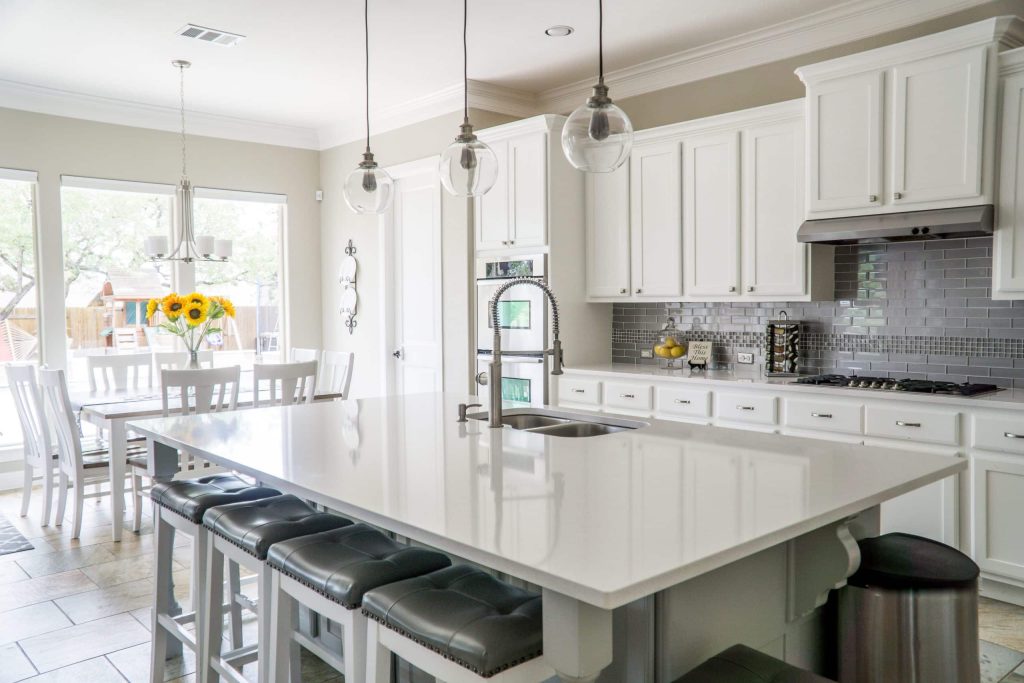Buying a new build home can be an enticing prospect for many prospective buyers. These properties are often marketed as modern, energy-efficient, and low-maintenance. However, like any major decision, it’s important to weigh the pros and cons before making a final commitment. In this blog, we will explore the advantages and disadvantages of buying a new build home to help you make an informed decision.
Pros of Buying a New Build Home
- Modern Features and Design: New build homes are built with contemporary designs and modern features. They often incorporate the latest trends in architecture, interior design, and technology. This can provide a fresh and stylish living space.
- Energy Efficiency: New build homes are typically constructed with energy-efficient materials and appliances. They are designed to meet or exceed current building regulations, which can lead to lower energy bills and a reduced carbon footprint.
- Lower Maintenance: New build homes require less immediate maintenance compared to older properties. Structural elements, fixtures, and fittings are new and often come with warranties, giving you peace of mind.
- Customization Options: Depending on the stage of construction, new build homes may offer customization options. Buyers can often choose finishes, fixtures, and even layouts to suit their preferences.
- Financial Incentives: Developers may offer various financial incentives to attract buyers, such as Help to Buy schemes, developer discounts, or part-exchange options. These incentives can make purchasing a new build home more financially advantageous. This is particularly prominent if you’re part of a chain and need a Cash House Buyer to buy your home quickly so you can secure your new build home.
Cons of Buying a New Build Home
- Limited Character and Individuality: New build homes can sometimes lack the unique character and charm found in older properties. They often feature similar designs and layouts, which may not appeal to those seeking a distinctive home with historical or architectural significance.
- Potential Delays: Construction projects can face delays due to various factors, such as adverse weather conditions or planning permission issues. This means that the completion date of your new build home may be subject to change, causing uncertainty and potential inconvenience.
- Snagging Issues: New build properties may have “snagging” issues, which are minor defects or imperfections that need to be addressed after construction. While these issues are usually covered by warranties, it can still be frustrating to deal with initial problems in a newly built home.
- Limited Room for Negotiation: Unlike purchasing an existing property, there may be limited room for negotiation when buying a new build home. Developers often set fixed prices and may be less flexible compared to individual sellers.
- Potential for Development Changes: When purchasing a new build home in a developing area, it’s essential to research and consider potential changes in the neighborhood. For example, if there are ongoing construction projects nearby, it could impact your quality of life during the initial years of residency.
In conclusion, buying a new build home offers several advantages such as modern design, energy efficiency, lower maintenance, customization options, and potential financial incentives. However, it’s crucial to consider the potential drawbacks, including limited character, potential delays, snagging issues, limited negotiation room, and the impact of future developments. Careful research, viewing show homes, and seeking independent advice can help you make an informed decision that aligns with your lifestyle, preferences, and long-term goals. Remember to engage the services of a qualified solicitor or conveyancer to guide you through the purchasing process and ensure all necessary checks and legalities are addressed.


